Frankfurt am Main – A City Without False Modesty
Frankfurt am Main (Frankfurt on the Main) is the largest city in the German state of Hessen (Hessen Land) and the fifth largest city in Germany. Of all the major German cities it, probably, fits the definition "city of contrasts" best of all. Frankfurt’s skyscraper skyline reminds of New York or Chicago. No wonder that one of the nicknames of Frankfurt is "Mainhattan", that is, Manhattan on Main. Once you stroll along the city center, the "gingerbread" houses of Römerberg remind that it is a city with a thousand years of history...
Cafes, bars and restaurants in Frankfurt am Main
Отели города Frankfurt am Main
See all
Restaurants
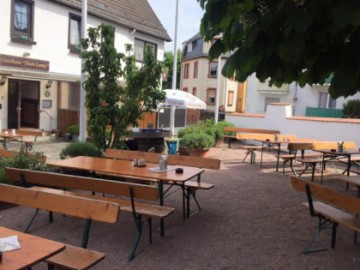
"Zum Lemp"
Family restaurant • Tavern
+49 69 95411616
Payment methods:
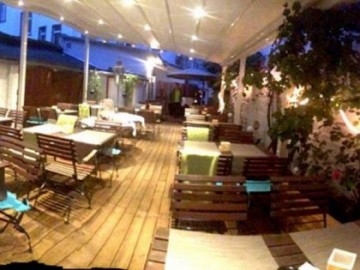
Adolon
Restaurant • Catering
+49 69 90502786
Payment methods:
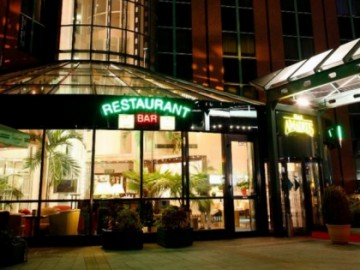
Amadeus
Restaurant • Hotel • Bar
+49 6109 3700
Payment methods:
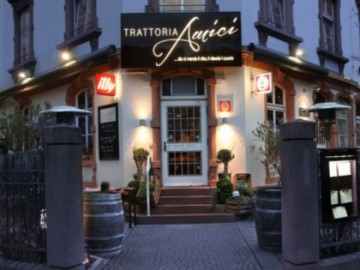
Amici
Trattoria
+49 69 74093175
Payment methods:
All sights in Frankfurt am MainSee all
Landmarks in the city Frankfurt am Main

Museumsufer
Museums and Exhibitions • Other places

St. Bartholomew’s Cathedral
Other places
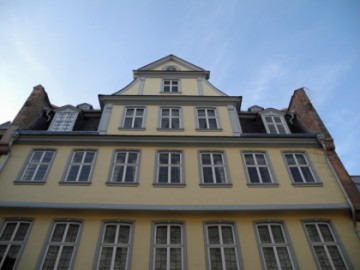
Goethe House and Museum
Museums and Exhibitions

Paulskirche
Architectural Monuments • Museums and Exhibitions

Römerberg
Other places

Frankfurt Zoo
Parks and recreation
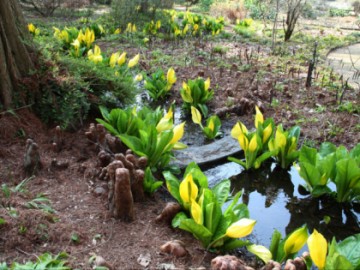
Botanical Garden
Parks and recreation
Nearby



 Parks and recreation
Parks and recreation
 Museums and Exhibitions
Museums and Exhibitions
 Architectural Monuments
Architectural Monuments
 Other places
Other places